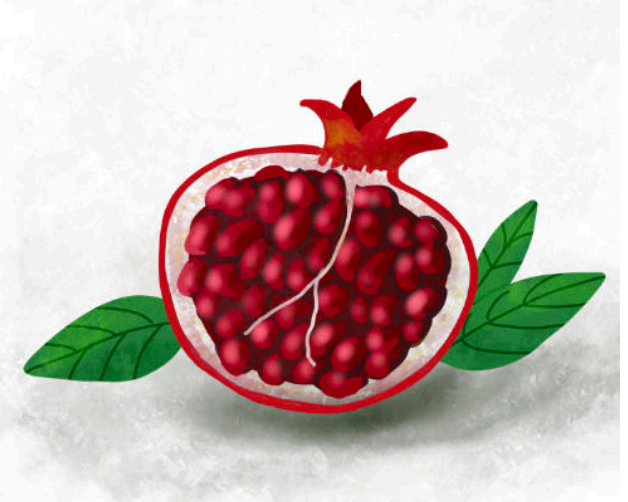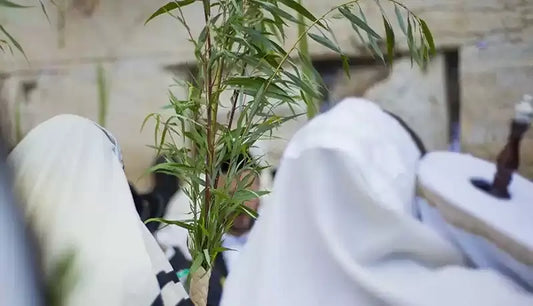Rabbi Hayim Asher Arking
Rabbi Ezra Ghodsi
Why do we eat the Simanim?
On Rosh Hashanah, it is customary to eat simanim - symbolic foods - representing blessings and hopes for the coming year. For example, we eat apples dipped in honey for a sweet year, pomegranates for abundant merits, and dates for the elimination of our enemies. Each food is accompanied by a ‘yehi ratzon’ prayer, linking its symbolism to a specific blessing for the year ahead.
Why do we eat sweet foods on Rosh Hashanah?
It is customary to eat sweet foods on Rosh Hashanah and not to have foods with a sour or bitter taste. This should be a siman (an omen) that the upcoming year should be sweet. Two foods can have the same nutritional value, yet we desire the sweet one; similarly, while we cannot avoid Hashem’s judgment, He allows us the option to sweeten the judgment so we can receive what we need to correct our previous errors and succeed in the upcoming year, in a pleasant manner.
As important as eating the simanim may be, it is more important for one to maintain a calm demeanor and not get angry on Rosh Hashanah, as this is also a portent for the upcoming year.
Why are there different orders of the simanim in the Mahzorim?
One order is based on the general laws concerning which blessings take precedence, while the other order is based on the logical order of what the simanim represent: the process of conquering our enemies (both physical and spiritual), and meriting a good year. Both options are valid, and one should follow his personal custom.
Should everyone recite their own beracha on the simanim?
It is preferable for everyone to fulfill their obligation by listening to the beracha of the leader of the household. When many people do a mitsvah together, it is a greater honor for Hashem. As the pasuk says, “be'rov aam hadrat melech – with a lot of people (performing a mitsvah together), is the splendor of the King”. However, if one wishes to recite his own beracha, he may do so.
Why should we have a shehehi’anu fruit on the second night?
Outside of Erets Yisrael, we celebrate all holidays for two days each. Since the Bet Din had to determine when Rosh Hodesh was to be each month, those living far from Yerushalaim did not always know when the holiday was to fall out, while those living in Erets Yisrael knew when the holiday would be. This custom imbued a holiness in the second day, and although our contemporary calendars are fixed, this practice was kept. When it comes to Rosh Hashanah, however, which coincides with Rosh Hodesh, even the people living in Erets Yisrael were required to keep two days, since they also didn’t know which would be the correct day. As such, the two days of Rosh Hashanah are considered more like one unit. Furthermore, the two days of Rosh Hashanah contain a great symbolic nature, and are considered like one long day.
While we recite Shehehi’anu on the second day of each holiday, since the holiday is really supposed to only be one day, it is ideal for one to have a new fruit or suit on which to bless Shehehi’anu, in conjunction with the second night of the holiday. If this is not an option, one should still recite shehehi’anu.




